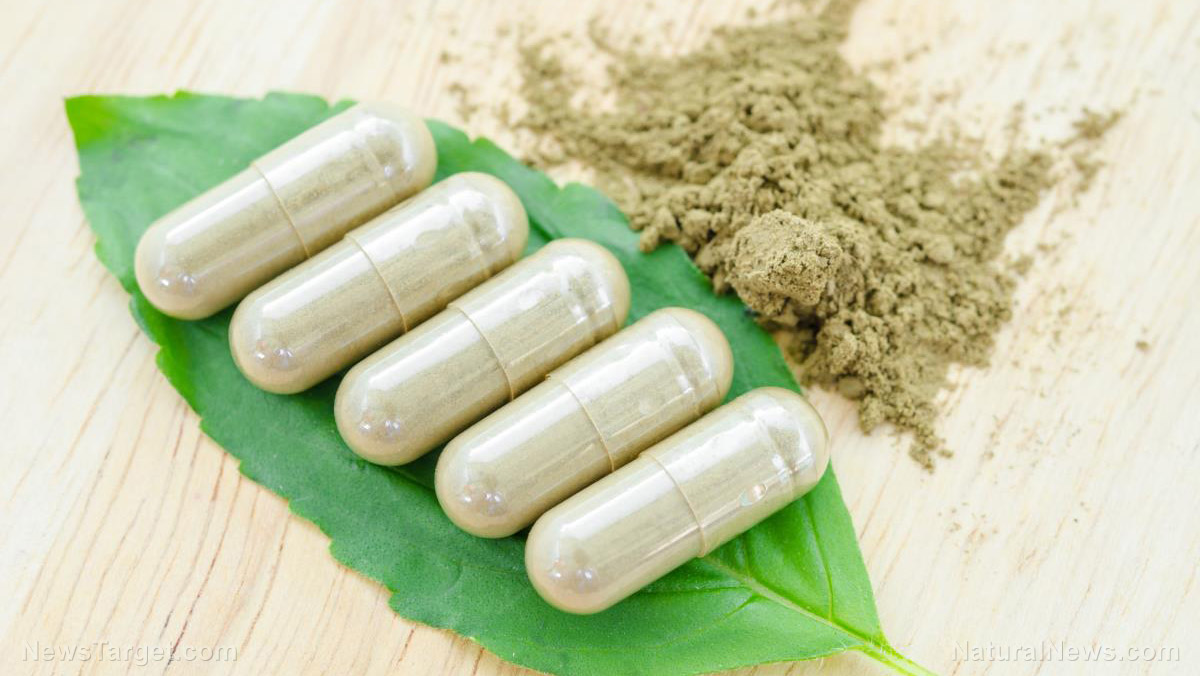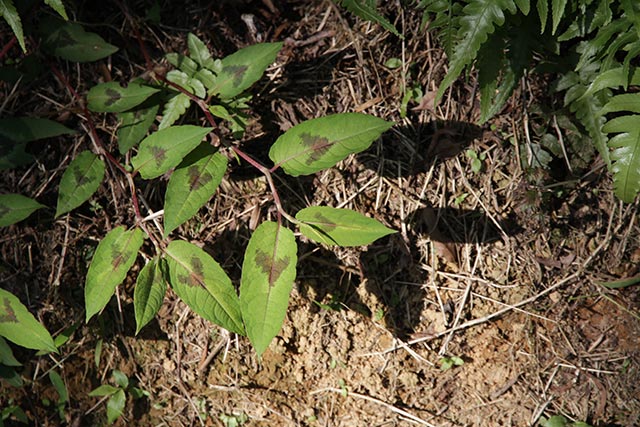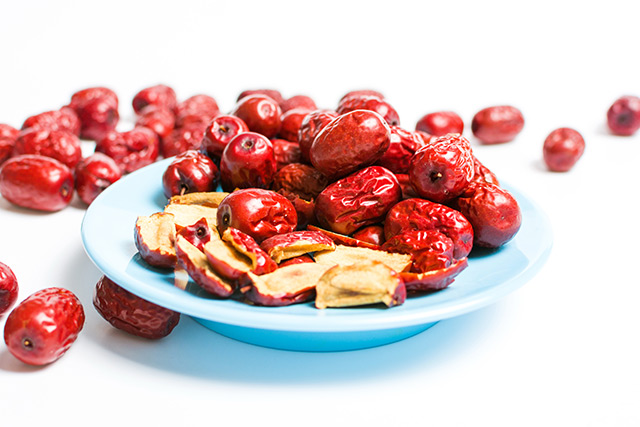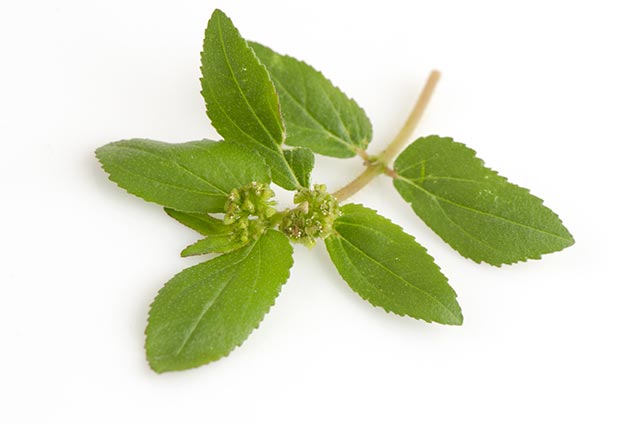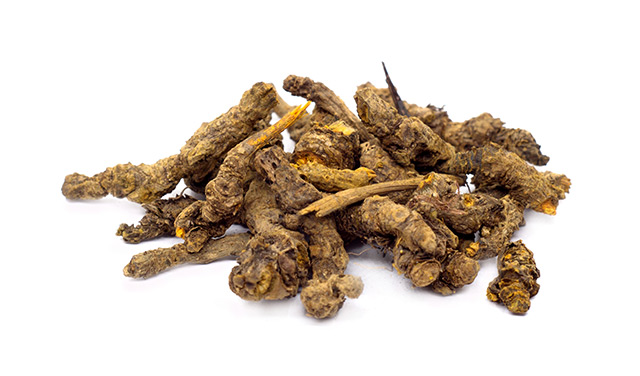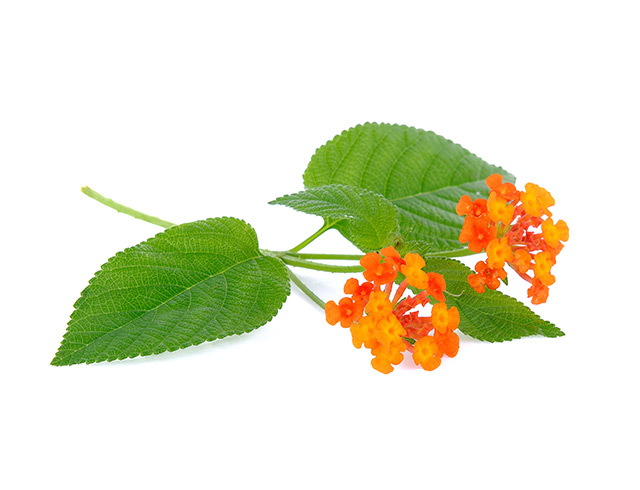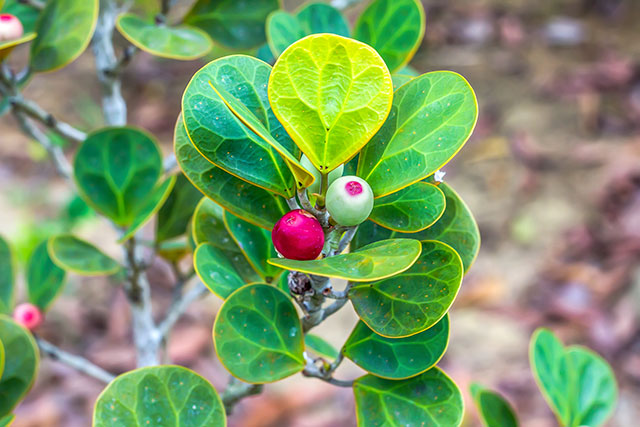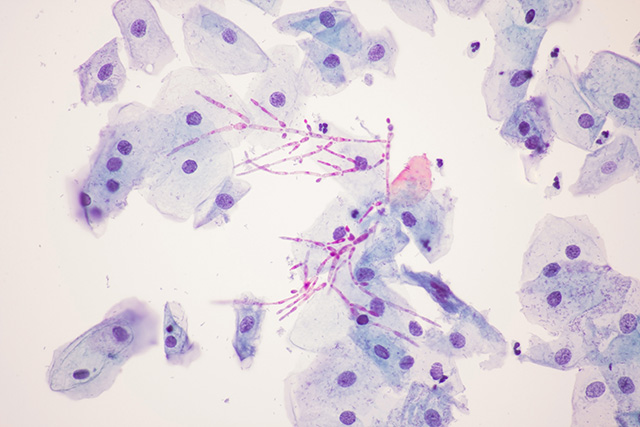STUDY: Using the extract of the winged prickly ash to treat diabetes
07/13/2018 / By Michelle Simmons

Researchers at COMSATS University and The Islamia University of Bahawalpur in Pakistan have found that the extract of the winged prickly ash (Zanthoxylum armatum) contains properties that fight diabetes. In the study published in the journal BMC Complementary and Alternative Medicine, they examined the in vitro and in vivo antidiabetic and biochemical effects of winged prickly ash extracts in mice.
- Researchers collected the extracts of winged prickly ash fruit, bark, and leaf, and tested them for alpha-glucosidase inhibition activity. Alpha-glucosidase is a key in the digestion and conversion of carbohydrates into simple sugars. Alpha-glucosidase inhibitors delay the glucose absorption.
- They induced diabetes in mice through an intraperitoneal injection of alloxan monohydrate.
- The mice randomly received an antidiabetic drug called glibenclamide at a dose of 10 milligrams per kilogram (mg/kg) or winged prickly ash fruit, bark, or leaf extracts at a dose of 500 mg/kg for 15 days.
- It was found that the leaves and bark extracts exhibited maximum alpha-glucosidase inhibition activity.
- The mice groups treated with the winged prickly ash extracts experienced a significant reduction in fasting blood glucose levels, although the effect was more evident in mice treated with leaves extract. This effect revealed the hypoglycemic nature of the extracts.
- The winged prickly ash extracts substantially improved blood hemoglobin, cholesterol, and triglycerides, and indicators of impaired renal function urea and creatinine in diabetic mice.
- In addition, the extracts exhibited a hypolipidemic effect by lowering the low-density lipoprotein (LDL) level.
In conclusion, the extracts of winged prickly ash contain significant antidiabetic properties.
Read the full text of the study at this link.
To read more stories on how to treat diabetes naturally, visit DiabetesScienceNews.com today.
Journal Reference:
Alam F, Najam us Saqib Q, Ashraf M. ZANTHOXYLUM ARMATUM DC EXTRACTS FROM FRUIT, BARK AND LEAF INDUCE HYPOLIPIDEMIC AND HYPOGLYCEMIC EFFECTS IN MICE- IN VIVO AND IN VITRO STUDY. BMC Complementary and Alternative Medicine. 2018; 18(68). DOI: 10.1186/s12906-018-2138-4
Tagged Under: alpha-glucosidase inhibition, antidiabetic, biochemical parameters, blood glucose, blood sugar, diabetes, diabetes treatments, food as medicine, food cures, natural cures, Zanthoxylum armatum, α-glucosidase inhibition


